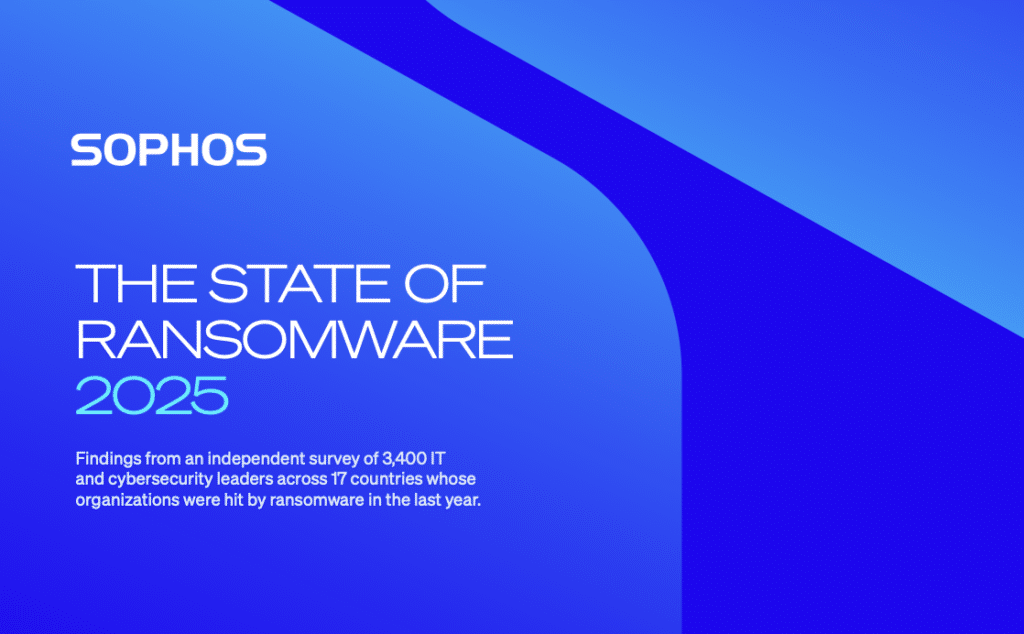Peace of mind: Cloud is key in scaling systems to your business needs

Meeting the demands of the modern-day SMB is one of the challenges facing many business leaders and IT operators today. Traditional, office-based infrastructure was fine up until the point where greater capacity was needed than those servers could deliver, vendor support became an issue, or the needs of a hybrid workforce weren’t being met. In the highly competitive SMB space, maintaining and investing in a robust and efficient IT infrastructure can be one of the ways to stay ahead of competitors.
Cost-saving is built into the model
Thankfully, with the advent of cloud offerings, a new scalable model has entered the landscape; whether it be 20 or 20,000 users, the cloud will fit all and with it comes a much simpler, per user cost model. This facility to integrate modern computing environments in the day-to-day workplace, means businesses can now stop rushing to catch up and with this comes the invaluable peace of mind that these operations will scale up or down as required. Added to which, the potential cost savings and added value will better serve each business and help to future-proof the organisation, even when on a tight budget. Cloud service solutions are almost infinitely flexible, rather than traditional on-premises options and won’t require in-house maintenance.
Embracing the cloud whilst staying sustainable
When it comes to environmental impact and carbon footprint, data centres are often thought to be a threat, contributing to climate change, but in reality, cloud is a great option. The scalability of cloud infrastructure and the economies of scale they leverage facilitate not just cost but carbon savings too. Rather than a traditional model where a server runs in-house at 20% capacity, using power 24/7/365 and pumping out heat, cloud data centres are specifically designed to run and cater for multiple users more efficiently, utilising white space cooling, for example, to optimise energy consumption.
When it comes to the bigger players like Microsoft and Amazon, they are investing heavily in sustainable, on-site energy generation to power their data centres; even planning to feedback excess power into the National Grid. Simply put, it’s more energy efficient for individual businesses to use a cloud offering than to run their own servers – the carbon footprint for each business using a cloud solution becomes much smaller.
Simplifying security whilst scaling
With many security solutions now being cloud based too, security doesn’t need to be compromised and can be managed remotely via SOC teams either in-house or via the security provider (where the resources are greater and have far more specialist expertise).
Ultimately, a cloud services solution, encompassing servers, storage, security and more, will best service SMBs; it’s scalable, provides economies of scale and relieves in-house IT teams from many mundane yet critical tasks, allowing them to focus on more profitable activities.
You may be interested in
The 2025 State of Ransomware: Key Insights on Attacks, Costs, and Recovery
Ransomware continues to evolve — and so must our defenses. The State of Ransomware 2025 report from Sophos presents one of the most comprehensive views yet into how organisations around the world are being impacted by ransomware attacks. Based on an independent survey of 3,400 IT and cybersecurity leaders across 17 countries, the report explores how attacks are evolving, the operational weaknesses adversaries exploit, and the human and financial tolls that follow. Whether you’re building a cybersecurity strategy or assessing risk, this year’s findings offer crucial, real-world insights to guide your response. Key Findings from…
Outgrowing your MSP; businesses need a provider that scales with their growth
To stay competitive, business leaders must align with MSPs that deliver strategic value, drive innovation, and support to scale. Now firmly into 2025, it’s becoming clear what the year has in store for the IT landscape. For SMBs, the message is clear: business growth must be matched with smarter, more scalable managed services. The demand for cyber-resilient, cloud-first and AI-integrated solutions is no longer a forecast – it’s a reality already shaping business priorities. According to leading global technology market analyst firm Canalys’ MSP Trends 2025 report, the MSP model is transforming under growing pressure…
End of windows 10 support signal urgent action needed from UK organisations as cyberattacks continue to rise
Recent breaches at major UK retailers, combined with the approaching end of life of Windows 10, highlights a critical moment for IT resilience planning The recent wave of cyberattacks targeting major UK retailers has highlighted the growing security risks associated with organisations running outdated systems and applications and maintaining weak identity verification protocols. These incidents—particularly those involving Marks & Spencer and the Co-Op—have starkly exposed how vulnerable legacy infrastructure and insufficient access controls can be. In both cases, attackers successfully posed as legitimate employees and manipulated IT help desks into resetting internal passwords, ultimately gaining…
UK SMEs must fortify their cybersecurity against geopolitical risks, says Espria
A recent Sky News investigation highlighted an uptick in cyberattacks tied to the Iran conflict that are targeting businesses across multiple sectors. Speaking at the NATO Summit, Prime Minister Sir Keir Starmer urged UK businesses, regardless of size or sector, to prioritise cybersecurity and ‘take immediate steps to review and strengthen their defences.’ While the warning is timely in tone, businesses are already becoming targets of politically motivated cyberattacks, emphasising the need for heightened vigilance. “As tensions spread globally, threat actors will continue to exploit digital vulnerabilities, and neutral businesses may be caught in the…
End of windows 10 support signal urgent action needed from UK organisations as cyberattacks continue to rise
End of windows 10 support signal urgent action needed from UK organisations as cyberattacks continue to rise
Why Businesses Should Invest in ESG: Lessons learned by Espria
In today’s competitive landscape, Environmental, Social and Governance (ESG) performance is no longer just a “nice to have”—it is a critical business imperative. Companies that prioritise ESG are better positioned for long-term success, risk mitigation, and reputation enhancement. Today’s world demands more from companies than just financial performance. Customers want transparency. Employees want purpose. Investors want resilience. ESG helps businesses manage risk, seize new opportunities and build trust with the people who matter most. It is how you can stay competitive, stay responsible and stay relevant in a fast-changing world. A powerful case study of…





